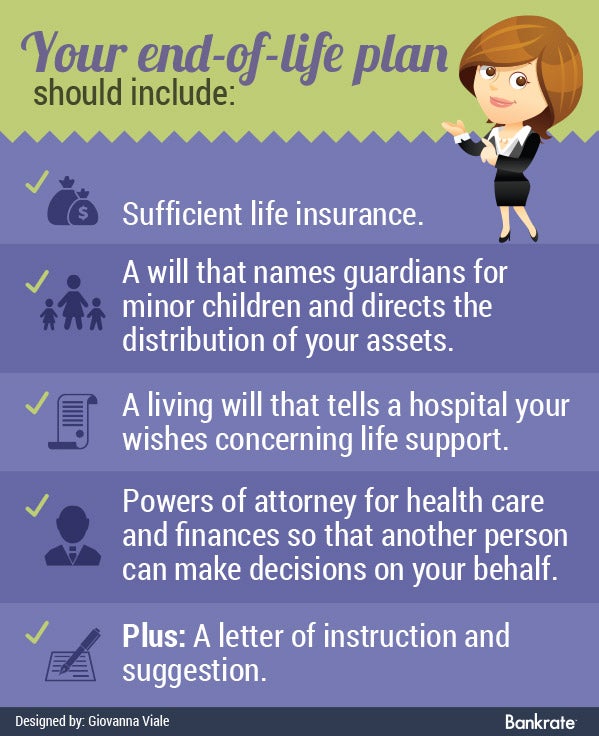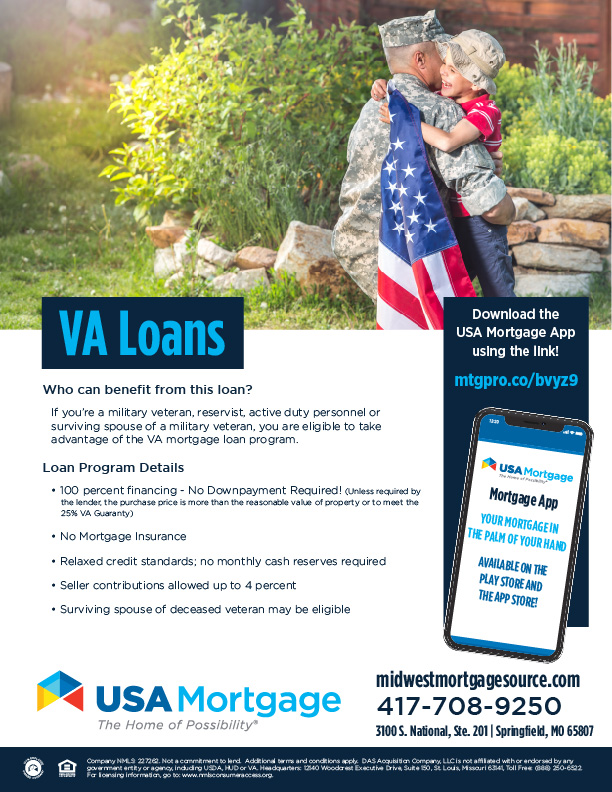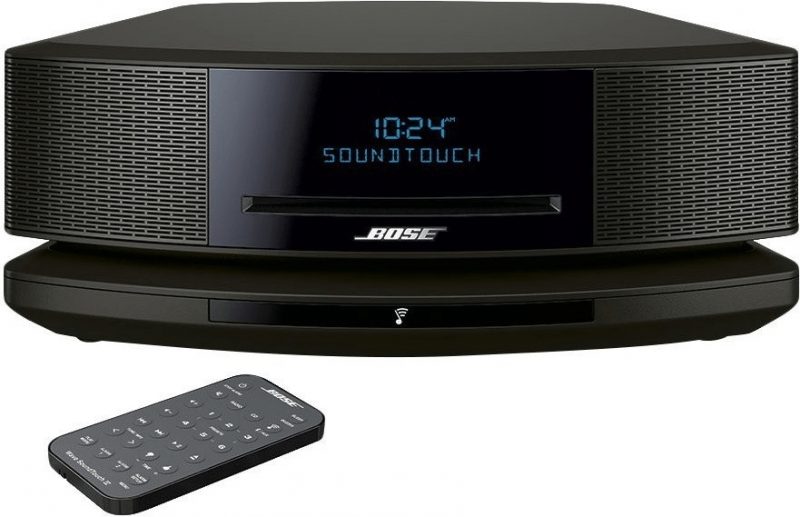Table of Content
Borrowers who are in adjustable rate mortgages and want to refinance into a fixed rate mortgage might want to do some planning before deciding when and how to refinance. This is a question that’s on the mind of anyone who wants to get a lower payment or get out of an adjustable rate mortgage and into a fixed-rate FHA home loan. An FHA reverse mortgage is designed for homeowners age 62 and older. It allows the borrower to convert equity in the home into income or a line of credit.

Some side sleepers find that they do not adjust well and end up sleeping on their back, which can cause back pain. Others find that they are too uncomfortable and difficult to move around in, which can lead to365 night of restless sleep. There is no definitive answer as to whether or not adjustable beds are right for everyone, but it is worth checking out the pros and cons before making your decision. Others find adjustable beds much more comfortable, and may prefer them over a hospital bed if they have an existing back condition or other medical conditions that require greater movement. Medicare may pay for adjustable beds for seniors, depending on their needs.
Should You Lock Your Mortgage Rate Today?
Before joining Bankrate in 2020, he wrote about real estate and the economy for the Palm Beach Post and the South Florida Business Journal. It must refinance a mortgage into a shorter loan term, for example, from a 30-year fixed rate to a 15-year fixed rate. With all these benefits, one might think the FHA home loan would be a first option for most applicants.
The more on-time payments you can show on the home, the more likely you are to qualify. If you’ve noticed a recent spike in interest rates for home loans, you might be thinking about refinancing your Federal Housing Administration loan before rates increase more. Here’s how you can refinance an FHA loan and what options to consider.
FHA Refinance – Things to Consider
However, there are some significant pitfalls with FHA loans that can make them less attractive, particularly for applicants with good-to-excellent credit, low debt loads, and higher savings amounts. This means you will have to wait approximately seven months before being able to refinance from one FHA loan to another. In such cases, it may be better to wait until there is more equity in the property, or consider a no cash-out FHA refinance loan. Refinancing from an FHA to a conventional loan has its financial benefits.

FHA used to allow a maximum 95 percent cash-out refinance prior to April 1, 2009. Then, on September 1, 2019, it was lowered again to 80 percent. FHA lowered its cash-out refinance limits to make lending more secure. The more equity you’re required to leave in your home, the less a lender stands to lose if the mortgage ever defaults. If your credit score is on the lower end of that spectrum, you’ll want to be extra thorough when shopping around for a lender that will approve your refinance and give you a fair rate.
Should You Refinance Your FHA Loan?
Homeowners who want to reduce monthly payments on other debt, or just have a little extra cash in the bank, should examine this loan type. FHA cash-out loans allow lower credit scores and more flexible debt ratios than other cash-out programs. That means homeowners can access their equity even without great credit. FHA cash-out refinance loans let the borrower take out equity in the property in cash. According to page 409 of HUD 4000.1, one of the first questions you’ll be asked involves how you are currently using the property to be refinanced.
Obtaining a VA refinance can save you thousands of dollars over the life of your loan. This is because you will be able to get a lower interest rate and a more manageable monthly mortgage payment. However, there are some things to keep in mind before you start.
Regardless of the type of loan product offered, expect your loan officer to explain why that is the best choice for your situation. The differences between FHA and conventional loans often make the FHA loan a better option for many borrowers with their first home. FHA loans are backed by the government and may have fewer restrictive requirements because they’re insured by the FHA. Though these loans may be easier to qualify for, many opt to refinance FHA to conventional once they have the loan. That’s because they may be able to get rid of their mortgage insurance premium and lower their monthly payment or take money out from the equity in their home. HUD offers three home-refinance options for homeowners who have a first mortgage insured by the FHA.

We believe in a consultative “done-for-you” approach to getting a mortgage. That’s a fancy way of saying we treat you like family and make sure everything goes smooth. We also shop your loan with over 22 lenders and banks to make sure we deliver on our promise to get you the best deal. Another benefit to a refinance is that it can shorten the duration of your loan.
That said, there are certain qualification requirements, costs, and other factors that come into play. For example, you might run into trouble if your home has declined in value since you bought it, or your credit score has dropped below the FHA minimum. If you have an FHA mortgage loan, you don't have to keep paying it down until the end of its term. In fact, if you can lower your interest rate, you might save quite a bit of money.

In order to use the FHA cash-out refinance, you must have lived in the residence you’re refinancing for at least 12 months. In addition, you must have paid all your mortgage payments for the past year within the month they were due. This is equal to $1,750 upfront and $67 monthly for each $100,000 borrowed.






